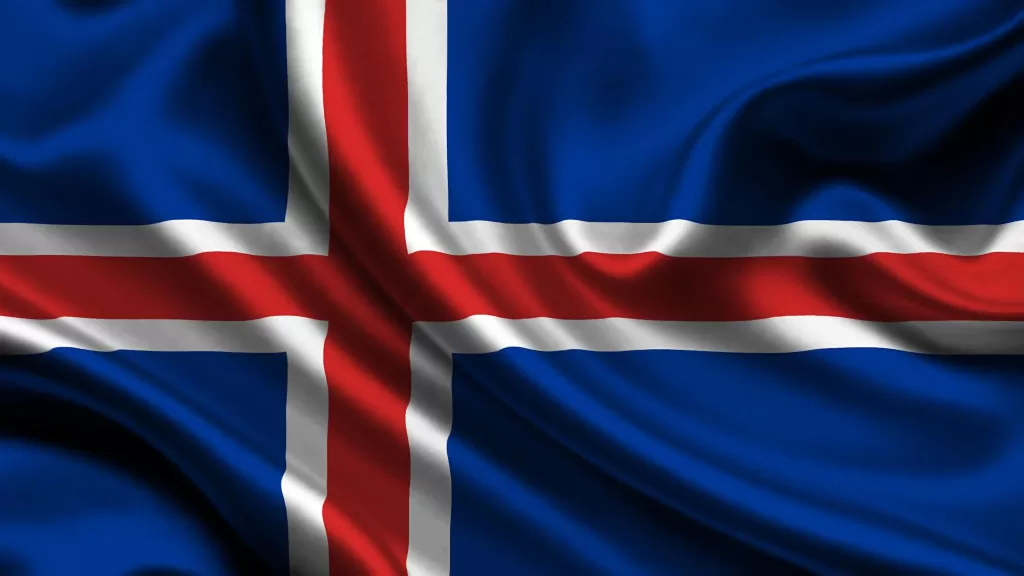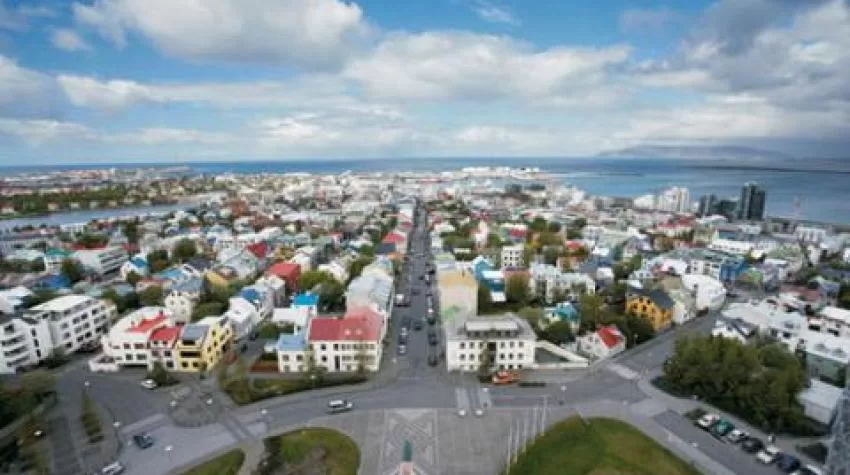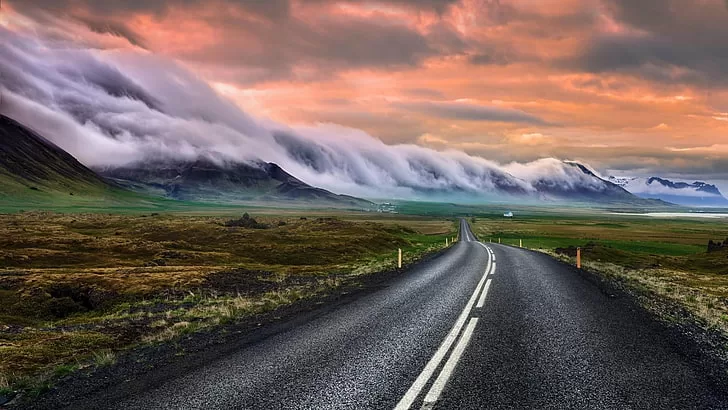Iceland Country Report

Iceland, located in the North Atlantic, is known for its stunning natural landscapes, including glaciers, geysers, and volcanoes. The capital and largest city is Reykjavik, known for its vibrant culture and nightlife. Iceland is a parliamentary republic with a high standard of living and a well-developed welfare system. The country’s economy is driven by fishing, tourism, and renewable energy, with geothermal and hydroelectric power sources playing significant roles. Iceland has a strong tradition of democracy and transparency, consistently ranking high in global indices of democracy and press freedom. However, the country faces challenges such as gender equality, environmental sustainability, and youth emigration. Efforts to address these challenges include investments in education, innovation, and sustainable development. Iceland’s unique blend of natural beauty, progressive values, and resilient society makes it a fascinating and dynamic country to explore.
Last updated: April 11, 2022
Security
Iceland maintains a relatively high level of security and safety. The country benefits from its geographic isolation and low crime rates, making it one of the safest places in the world. Iceland’s security concerns primarily revolve around natural disasters, such as volcanic eruptions and earthquakes, rather than human-related threats. The Icelandic government prioritizes emergency preparedness and response measures to mitigate risks associated with these natural hazards. Overall, Iceland is considered a secure and peaceful destination for residents and visitors alike.
Last updated: April 26, 2022
Infrastructure

Iceland has a modern and well-developed infrastructure, particularly in urban areas like Reykjavik. The country boasts a network of well-maintained roads and bridges that provide access to remote areas and natural attractions. Additionally, Iceland’s energy infrastructure is notable, with a focus on renewable energy sources such as geothermal and hydroelectric power. The country’s telecommunications and internet connectivity are also advanced, ensuring reliable communication services across the country. While infrastructure may be less developed in rural and remote regions, overall, Iceland’s infrastructure supports its economic development and enhances the quality of life for its residents.
Last updated: February 6, 2023
Environment

Iceland’s environment is characterized by dramatic landscapes, including volcanoes, glaciers, and geothermal features. The country is renowned for its pristine natural beauty and commitment to environmental conservation. Iceland has abundant freshwater resources and relies heavily on renewable energy sources such as geothermal and hydroelectric power, which contribute to its low carbon footprint. However, Iceland also faces environmental challenges, including soil erosion, habitat degradation, and the impact of climate change. Efforts to address these challenges include reforestation projects, sustainable land management practices, and policies to reduce greenhouse gas emissions. Overall, Iceland places a high priority on protecting its unique natural environment for future generations.
Last updated: March 2, 2022
Health and Medical
Iceland’s healthcare system is characterized by universal coverage and high-quality medical services. The country provides comprehensive healthcare to its residents through a publicly funded system. Healthcare facilities, including hospitals and clinics, are well-equipped and staffed by trained medical professionals. Iceland places a strong emphasis on preventive care, health promotion, and early intervention, contributing to positive health outcomes for its population. Additionally, the country prioritizes mental health services and offers support for individuals with chronic conditions. While access to healthcare is generally excellent, challenges include geographic barriers for those living in remote areas and potential shortages of specialized medical services. Overall, Iceland’s healthcare system is recognized for its accessibility, efficiency, and commitment to public health.
Last updated: September 14, 2022
Political
Iceland is a parliamentary representative democratic republic with a multi-party system. The country’s political landscape is characterized by stability, transparency, and a strong tradition of democracy. The Althingi, Iceland’s parliament, is the country’s supreme legislative body, responsible for passing laws and overseeing government affairs. The President of Iceland serves as the ceremonial head of state, with limited executive powers, while the Prime Minister leads the government and holds executive authority. Iceland has a robust tradition of civic engagement and political participation, with high voter turnout in elections. The country’s political environment is known for its openness, with a strong emphasis on transparency, accountability, and public consultation in decision-making processes. Overall, Iceland’s political system reflects its commitment to democratic principles and the rule of law.
Last updated: March 8, 2023















